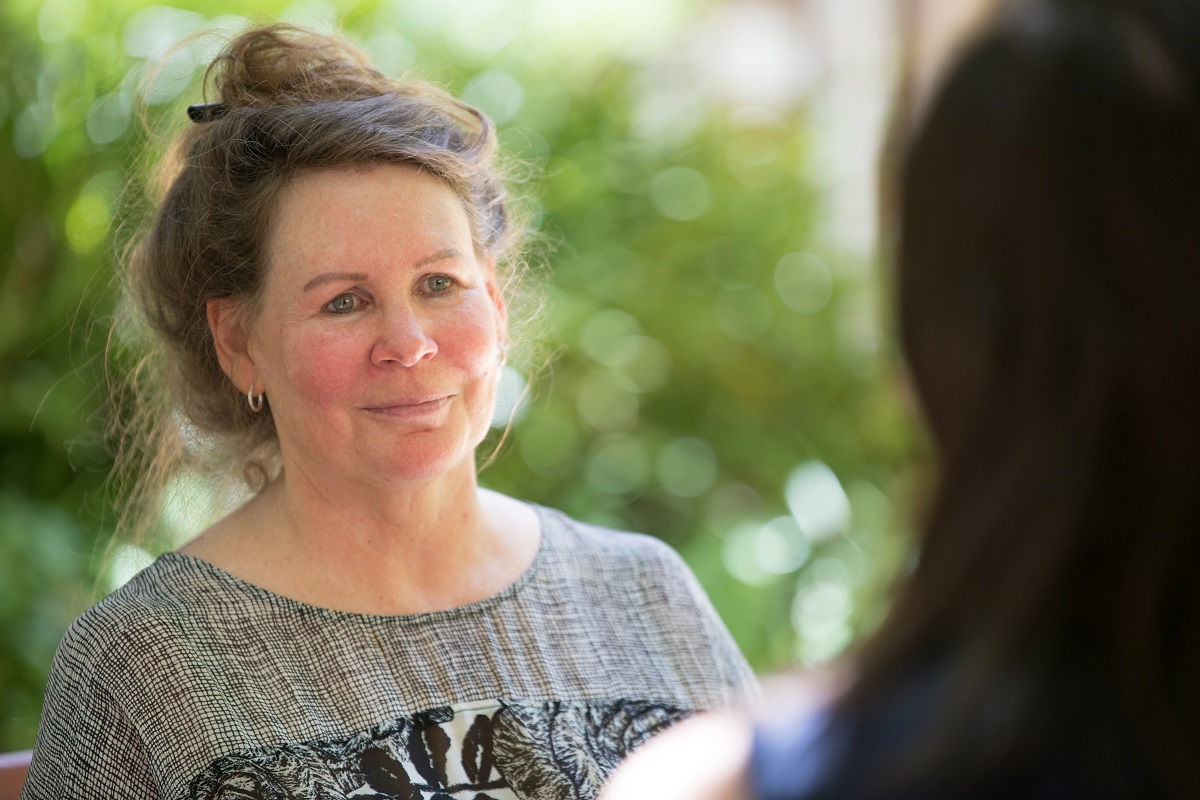
Having been overlooked by institutional care in their youth, the generation of ageing Forgotten Australians deserve better, more personalised aged care, according to Flinders University's Dr Monica Cations.
More than 500,000 Australians - including 150,000 South Australians – were placed in institutional or out-of-home care as children and are now collectively known as Forgotten Australians. Common aged care practices and environments can be insensitive to the needs and preferences of Forgotten Australians, and work is needed to understand how best to support this group as they grow older.
Dr Cations, from Flinders University's College of Medicine and Public Health, has won more than $50,000 in Strategic Research Grants from the Australian Association of Gerontology Research Trust and the Flinders Foundation to conduct partnership research exploring the key health impacts, needs, experiences, hopes, preferences, barriers, and facilitating factors to accessing aged care for the Forgotten Australians.
The team will develop evidence-based recommendations for aged care providers, with pragmatic strategies to introduce trauma-informed care into the aged care setting. Industry partners in the research Helping Hand Aged Care have additionally been awarded $500,000 in Federal government funds to roll out training, tools, and new programs for Forgotten Australians based on the research recommendations.
Crucially, the research team includes Allison Smyth as an expert advisor - a Forgotten Australian and national board member for the Alliance for Forgotten Australians.
"The research is vital to us because, having been abandoned as children to live in an institution with strangers, facing institutional care once again as aged people is terrifying," says Ms Smyth.
"My hope is that this project will identify the commonality of emotions experienced by Forgotten Australians and develop new models of care and education for a caring, trustworthy workforce, to allow us to maintain equilibrium."
Dr Cations says the research team will be conducting in-depth interviews with older Forgotten Australians, their families and friends. "We want to understand their experiences and expectations about aged care, and how their experience of institutional care as a child may impact this," says Dr Cations.
"Based on what we learn, we will establish a priority setting partnership with older Forgotten Australians to develop tangible recommendations for aged care providers about how to implement inclusive and responsive care for this group, as well as set priorities for researchers and policy makers."
The research project will also conduct focus groups with service providers, advocates and researchers to gather their thoughts about how aged care services can be more responsive to the needs and preferences of Forgotten Australians.
Helping Hand Chief Executive Officer Chris Stewart says the organisation is excited to partner with Flinders University on this project and looks forward to putting the research findings into practice.
"The work to date in this area has attracted interest from around the country, highlighting the real need, and the desire to take this work further. Helping Hand is proud to be taking a leadership role in this national conversation and working with a range of esteemed partners such as Flinders University. We look forward to having meaningful influence in an important area of social significance," says Mr Stewart.






